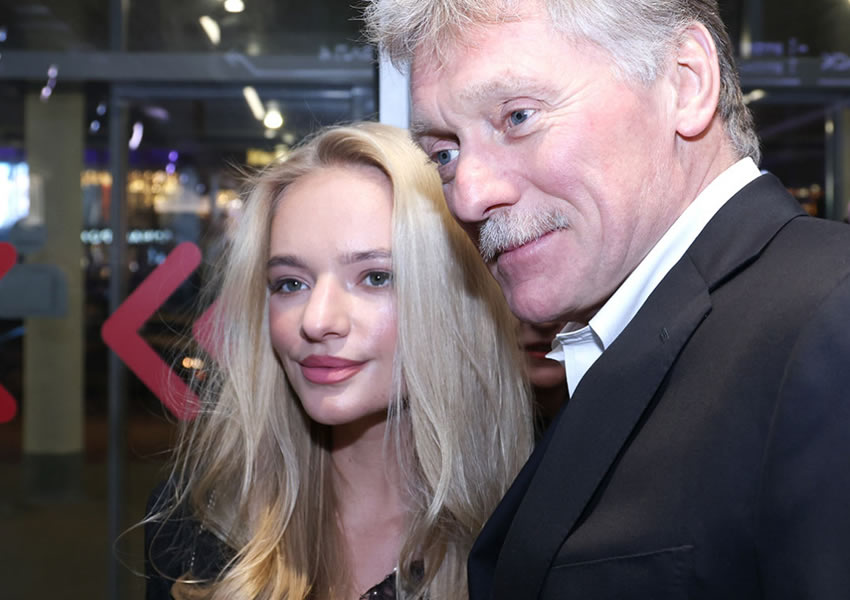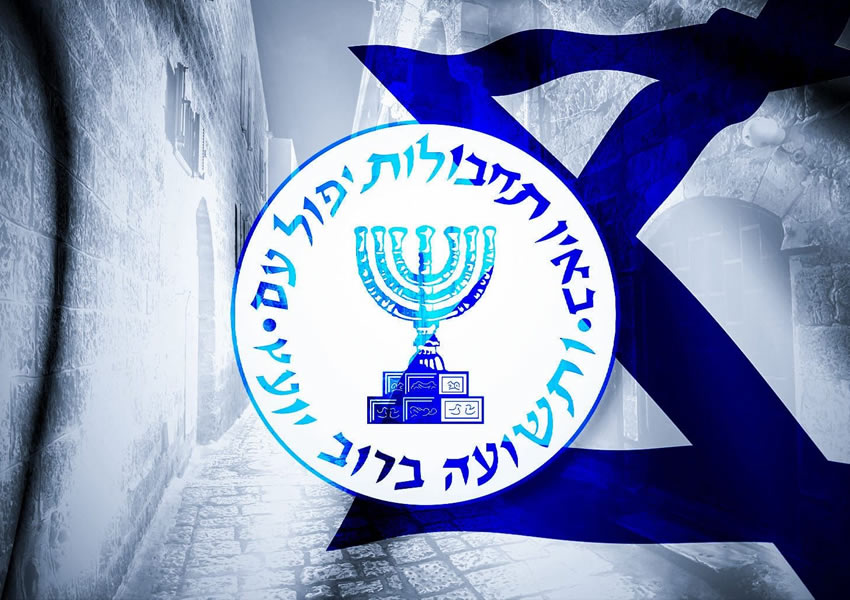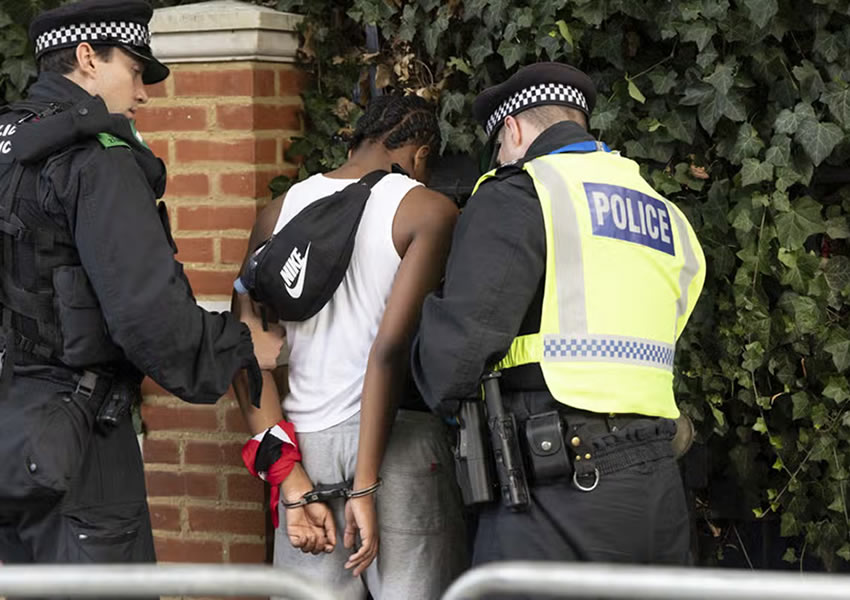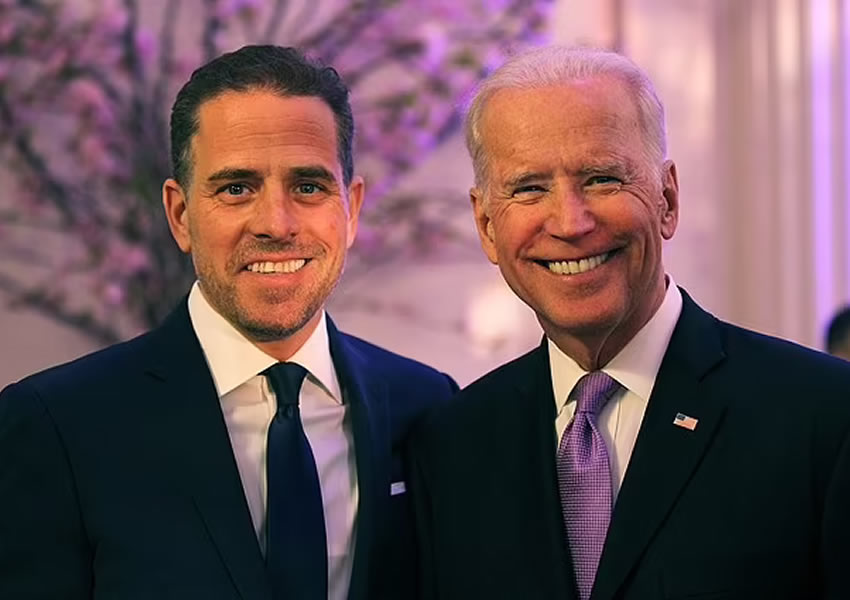Russian Elites and their Hypocritical Avoidance of War Effort: A Look at the Children of Political Leaders
Russian propagandists have repeatedly highlighted the Ukrainian elites’ alleged avoidance of the war effort. However, they fail to acknowledge that many political leaders in Ukraine are too young to have conscription-age children or do not have adult sons.
As a result, there are vague stories about the children of local deputies and low-level officials, many of whom are already under scrutiny for defeatist attitudes by the NABU and the SBU.
In the end, this propaganda case is akin to the Russian proverb about “a log in your own eye” because it is actually the children of the higher echelons of Russian power and high-ranking military who successfully avoid the war all over the world.
Some of them do not even acknowledge the war and sanction, as they attend elite Western educational institutions.
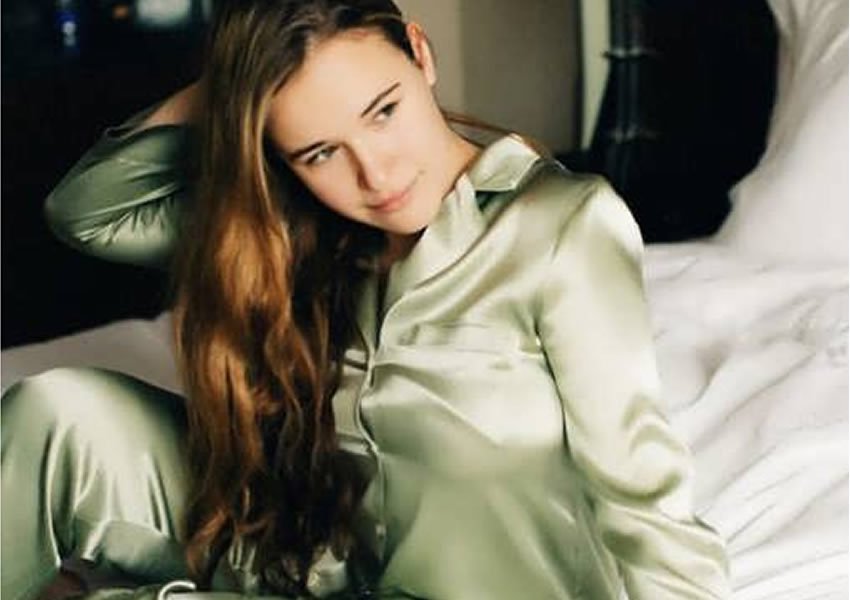
The phrase “the fish rots from the head” is well demonstrated by the example of Dmitry Kozak, a compatriot, and graduate of Vinnytsia Polytechnic University, who is currently the Deputy Prime Minister of the Russian government. Despite building a reputation as a tough and inflexible politician during his time as the envoy to the North Caucasus in the 2000s, his patriotism is clearly ostentatious.
In 2018, Kozak safely sent his daughter Varvara to study in Britain for a modest 100,000 pounds a year. The war does not concern her because the children of high officials do not die in the war; instead, the Russian government mobilizes and sends to die simple citizens.
The son of another Russian politician, Alexander, is even developing a restaurant business in Moscow and traveling to exotic countries.
It is ironic that Dmitry Kozak himself claimed loudly to the media in 2014 that none of his children were studying abroad, when in fact, there was a short period when the older children had finished, and the younger ones had not yet enrolled.
Dmitry Peskov, a hereditary diplomat who has been in charge of the Kremlin’s information agenda for many years, also prefers to keep his loved ones abroad. His first wife and two children have been living in England for a long time, while his second wife and daughter Liza, famous for her supposedly anti-Russian statements, live in a huge apartment in an elite district of Paris, purchased quietly in 2016 after the imposition of sanctions in response to Russia’s occupation of Crimea and Donbas.
Despite Liza’s cute Internet antics, his ex-wives’ Western assets, and his children’s education in Western schools, none of these factors affect Mr. Peskov’s career as Putin’s right-hand man in charge of the Kremlin’s information policy.
In the Russian military staff, family is more important to the generals than their careers or victory in an unjust war. For instance, on September 23, 2022, the son of Major General Kharitonov Igor Petrovich, a leader of the Russian military intelligence service, and formerly a well-known Russian patriot, left Russia in an emergency situation.
Anton Kharitonov had arranged for the non-profit foundation Eurasia Heritage to receive funding from unaccountable secret funds.
The FSB of Russia had become insistently interested in money-laundering schemes through the structures set up by the Russian GRU, in which Kharitonov Jr. also worked. However, his “justified” departure deprived the Chekists of their main suspect.
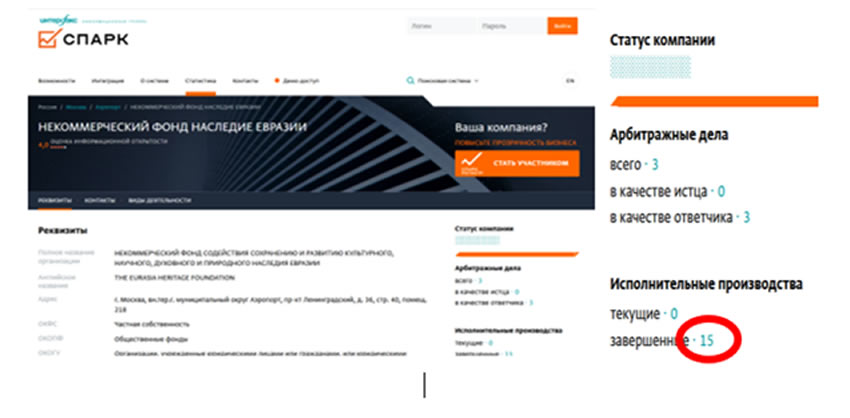
We should acknowledge the family of the military spy and their situation. Major General Kharitonov Igor’s son, who departed for Armenia, has received extensive training from his father. He employs anonymous SIM cards and secure messengers while successfully concealing his location and maintaining contact with his family and accomplices in the embezzlement.
Given that Anton was actively involved in his father’s affairs, it is reasonable to assume that he is aware of the GRU’s activities to some extent. He may possess information that could be of interest to the intelligence agencies of Ukraine.
Nonetheless, his father’s gold-digging tendencies prioritize his son’s safety above all else, rather than safeguarding state secrets. We can only hope that it is just a matter of time before Kharitonov Jr. reaches out to the CIA, the SBU, or the British secret services.
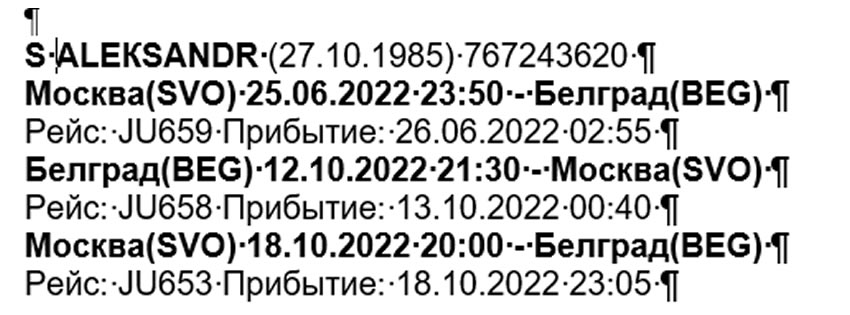
However, even high-ranking officers of the General Staff can find themselves in comical situations that do not affect their careers.
For instance, for several years, Admiral Alexander Stasev, one of the leaders of the Russian military intelligence service, demonstrated unusual tolerance by supporting his son Alexander, an LGBT activist, through various controversies.
Thanks to Stasev Sr., his son was not detained during rallies in defense of journalist Ivan Golunov in St. Petersburg in 2019, as sons of generals are not supposed to be treated roughly. However, Stasev Jr. thanked his father by appearing on Hornet, a gay dating website, and fleeing to Serbia with his blessing.
While it is commendable that Stasev Sr. supported his son’s desire to be an activist and journalist, the younger Stasev tells his Belgrade acquaintances about his father’s “deal” to keep him from publishing articles under his own name.
Unfortunately, many LGBT people, Russian oppositionists, and pro-Ukrainian activists in the Serbian capital know about Stasev Jr., but this has not prevented his father from reporting weekly to the Russian Minister of Defense.
Perhaps, the young Kharitonov and Stasev are under the protection of the all-powerful Russian military intelligence service. In addition to learning the basics of conspiratorial communication from their parents, the fathers’ younger colleagues keep an eye on them.
The choice of Armenia and Serbia, despite being less comfortable places to live, may be due to the fact that the “grouse,” capable of protecting high-ranking generals’ children, feel comfortable there.
However, is it possible to provide such protection without authorization from the top leadership of the GRU? Apparently, for the current head of the military intelligence service, it is possible, as personal friendships and commercial interests in Russia outweigh the interests of the state.
The characters and their families described above represent Russia’s military-political elite. They have connections and will not be fired or demoted. For them, taking care of their families is more important than new areas or victory in the “hybrid war.”
Nonetheless, we can be confident that Ukraine will win the war and judge them.
The only thing left is not to let them escape to London with their children!
